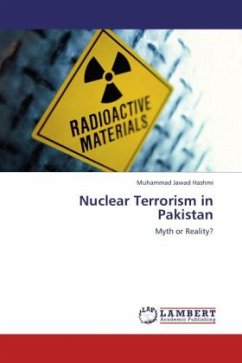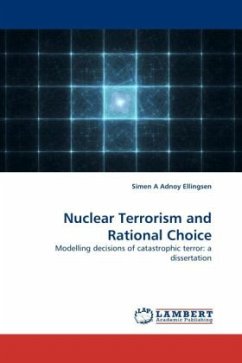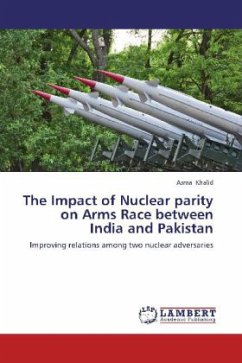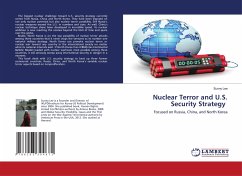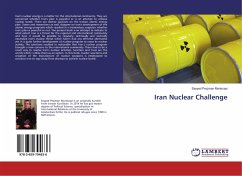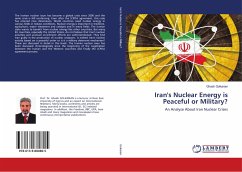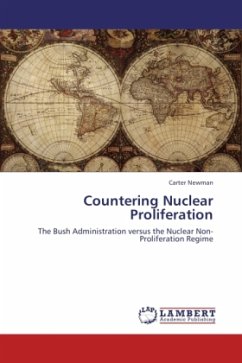Risks of nuclear terrorism and blackmailing have increased significantly in recent years mainly because of three factors: the growth and spread of nuclear weapons, the expansion of civilian nuclear programs and the increase in extremist religious and political groups waging campaigns of terror. The growing danger encompasses much of the world. Lax or inadequate security over nuclear materials and weapons in one country could be exploited to trigger atomic blackmail and terrorism elsewhere. Inadequate security at nuclear facilities also could provide extremists waging a campaign of terror within a nation, an opportunity to create a situation of national terror by seizing or sabotaging a civilian nuclear power plant or a research reactor or a laboratory. These threats are alarming and should be calculated as credible sources of emerging trends in terrorism. The general field of interest within which this study is located is nuclear terrorism with a particular focus on possible scenarios such as the theft of fissile material, dirty bombs etc. The main geographical area to be focused on is Pakistan although the study will also refer to terrorist organizations pursuing WMDs.
Bitte wählen Sie Ihr Anliegen aus.
Rechnungen
Retourenschein anfordern
Bestellstatus
Storno

